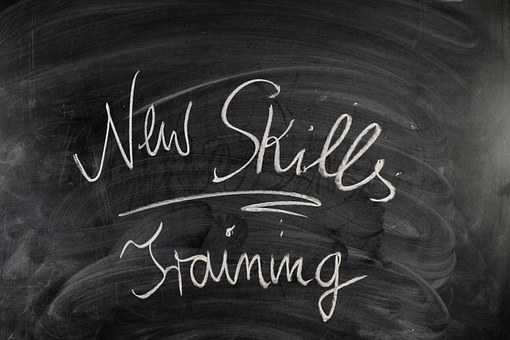
Is Your Plan for Talent at Work Ready for the Short- and Long-Term?
Is your plan for talent at work ready for what your business will face tomorrow? As a leader, it is sometimes challenging enough to get the day-to-day work done in a way that makes sense. But it is your job as a leader to ensure that your team will also be ready to face the challenges of tomorrow.
Recent Talent Research Research
Your plan for talent at work must support the future success of your organization. A recent Accenture survey of 3,200 CXO’s found that 95% of executives believe addressing skill shortages and retaining talent will be top priorities for their organization in the next 12 months.
Why? Because they know that investing in people is a significant driver of sustained growth.
The Definition of a Plan for Talent at Work
We define a plan for talent as the people strategy required to attract, develop, engage and retain the talent required to move the business strategy forward. This includes making sure that employees have the skills that not only serve the needs of the company today but prepare them for the skills needed for tomorrow.
Why Preparing for Tomorrow Matters
We forecast that up to two-thirds of today’s workforce will, in the coming five years, experience considerable change in the ways their jobs are configured. That’s a significant number of employees who will need to be re-skilled, up-skilled, or shifted into other roles.
The Skill Development Challenge
Based upon measuring over 800 training projects, we know that only 1-in-5 participants change their behavior and on-the-job performance from training alone. Without consistent feedback, coaching, and accountability, behavior change is rare.
Combine that with McKinsey’s findings that only 10% of frontline training is effective in preparing managers to lead, and you begin to understand the challenges faced by today’s learning and development functions.
What Does It Take?
For leaders who are serious about keeping their talent ready for tomorrow’s challenges, you must:
To attract, engage and retain talent, you must be clear about what matters most by function, level and role.
Remember, your talent strategy must often be ahead of your business strategy to support high growth.
For example, you may invest differently in developing and assessing high stakes leadership roles that are critical to moving your strategy forward.
The Bottom Line
Organizations with higher capabilities in leadership and talent management outperform their peers in terms of profitable revenue growth. For companies that rely on their people to succeed, business results depend on designing and implementing the right talent management strategy. Are your workers set up to succeed both today and tomorrow?
To learn more about how to build a winning plan for talent, download The 3 Big Corporate Culture Myths about Talent
Explore real world results for clients like you striving to create higher performance